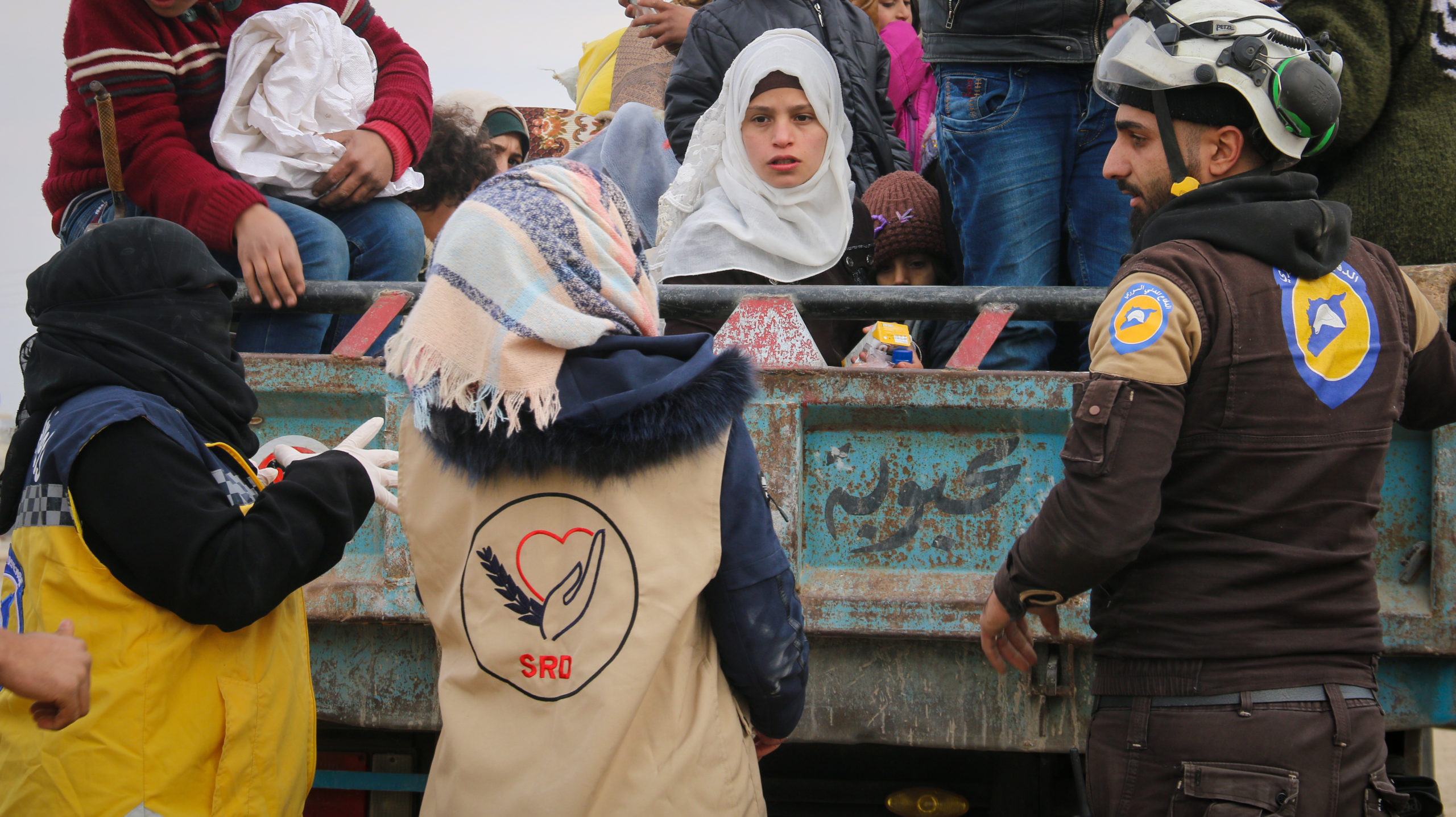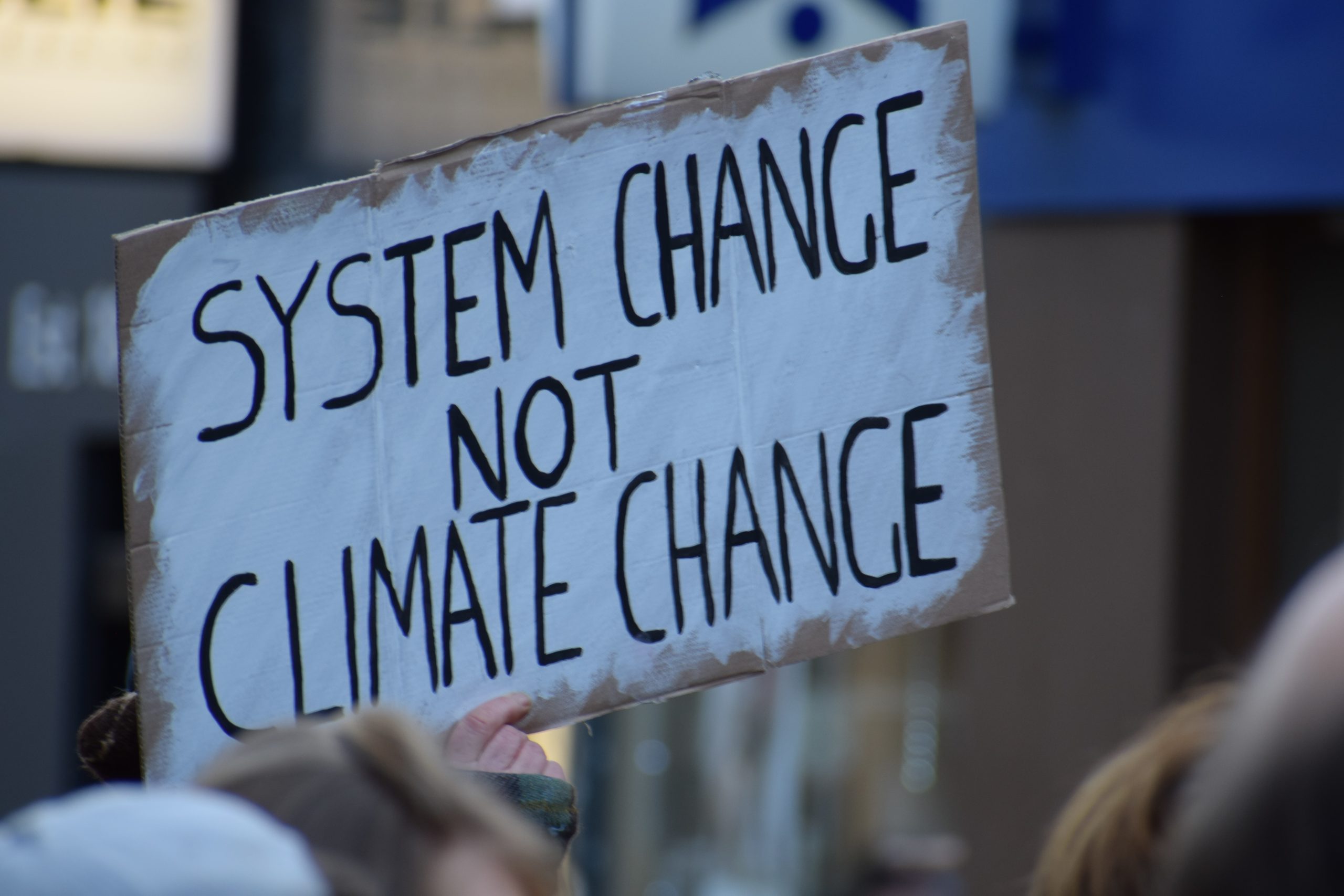The resilience of societies is crucial in an age where we are preparing – or should be preparing – for an onslaught of environmental and societal challenges that have been building for decades. Such problems do not respect human borders. Therefore, building adaptive capabilities and stronger resilience into as many countries as possible is vital to our collective survival. There are many different types of resilience – ranging from conflict, to natural disasters, to economic downturns, to name a few.
We decided to assess whether Positive Peace accurately reflected a society’s ability to mitigate the effects of these types of shocks. To do this we measured a variety of types of shocks, including violent civil resistance movements, natural disasters and genocide. The first set of tests we did was in connection to violent conflict. There is a strong statistical correlation between lower levels of Positive Peace and the onset of societal conflict.
Countries high in Positive Peace performed better in preventing, coping with, and recovering from the type of shocks that might tip weaker countries into conflict. Positive Peace and resilience are inter-related in the following ways:
■ High Positive Peace countries are more likely to maintain stability, adapt to and recover from shocks.
■ High Positive Peace countries are more likely to maintain high levels of peace after a shock.
■ Of the major political shocks analysed in the study, 97% occurred in low Positive Peace countries because they had lower resilience.
■ The number of lives lost from natural disasters was 13 times larger in low Positive Peace countries than in high Positive Peace countries, a disproportionately high ratio when compared with the distribution of incidents.
■ High Positive Peace countries have fewer civil resistance movements, those campaigns last for a shorter amount of time, are more limited in their goals, are more likely to achieve some of their aims and are far less violent.
■ Of all primarily violent resistance campaigns, 91% were waged in countries with weaker Positive Peace. Violent political shocks such as regime changes, coups d’état and revolutions are more prevalent in countries with lower Positive Peace, with only three per cent occurring in countries with higher Positive Peace.

Countries that are very high in Positive Peace do not experience genocides or violent conflicts, and rarely have political shocks. Genocide is the worst type of systemic breakdown. According to metrics developed by the Center for Systemic Peace, there have been three genocides since 2005: in Sri Lanka in 2008 when the state initiated an offensive against the Tamils; in the Central African Republic following the displacement of the Bozizé regime on 24 March 2013; and the targeting of the Yazidi minority in Iraq by Islamic State in 2014.
Genocide and other forms of violence are much more likely in countries with lower Positive Peace. This highlights two important aspects of resilience. First, that building resilience does not have to be direct. By applying systems thinking we can see how improvements in one area can strengthen resilience in another. Second, by building Positive Peace a country can shift the way it responds to political shocks, such as revolutions and regime changes, to nonviolence, such as political or economic transitions.
A key element of resilience is the ability to adapt to new circumstances. For millennia, history was defined by a battle for survival between humankind and the forces of nature. There was a need to conquer a harsh and dangerous world in which resources appeared boundless and infinite. The battle was to tame the physical world sufficiently to reap its rewards, a world where the strong and most aggressive triumphed, while the weak struggled to survive.
The commonly held belief was that humanity had survived because we were the strongest and smartest. Darwin’s ground breaking research on the evolution and survival of species upended this assumption, recognising that the key to survival was not strength per se but the ability to adapt: the ability to ‘fit’ in to a permanently changing environment. Changing habitats create risks for the species that populate them and those that cannot adapt will not survive. In the 21st century things are very different: we now must manage our own fate, including managing nature itself.

It is clear that resources are finite and shrinking daily, mainly driven by overpopulation and overconsumption. Species no longer die off because they fail to adapt to nature. Rather, they die off because they are unable to adapt to the accelerated change caused by humankind. With the outbreak of the COVID-19 virus the resilience of many countries will be tested and from multiple directions. The effectiveness of health systems will be tested first, mental stress will increase, jobs will become insecure and financial systems will be stretched. The resilience of their systems will largely determine which countries will cope best.
Countries high in Positive Peace will be more likely to have the necessary societal factors and resilience to best deal with the crisis. Its full effects will take many years to move through the system, with some countries passing through a tipping point. There is now a much greater level of interconnectedness between people and countries than in the past, and this has changed both the threats to humanity and our options for survival. Diseases and pollution do not respect national borders. Conflicts in one country inevitably have effects for neighbours, creating instability either directly, through armed conflict, or indirectly, with the movement of people escaping the conflict or ecological collapse.
We are entering a new age of epochal change that can only be compared to the end of feudalism 500 years ago and will be markedly different from the industrial age. In this new age commerce and business will not disappear, nor will the accumulation of wealth. These have been with humanity from the beginning, but the modern capitalist world based on overconsumption will come to an end. This change is inevitable, and the adaptable societies are the ones most likely to thrive.
This is an excerpt from Peace in the Age of Chaos by Steve Killelea – IEP Founder and Executive Chairman.
To read the latest Positive Peace Index report, click here.